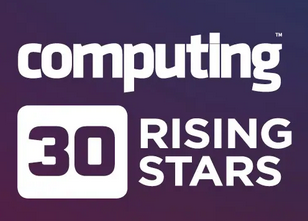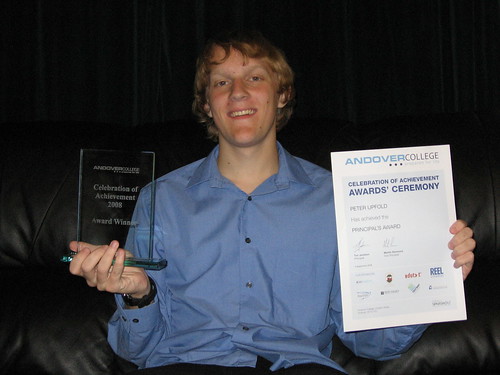We spend a significant portion of our childhood learning through play. It’s fun and it’s intuitive and it is how we learn so many things about the world and where we fit in to it. It’s practically burnt into our ROM, if I can misuse a technology metaphor.

As we grow older, I think many of us become embarrassed about play. I remember very clearly being told, about the impending move up to secondary school at the age of 11, that if you were seen ‘playing’ at breaktime, you’d be at the very least teased and mocked. It’s even in the name — suddenly it’s a time for a ‘break’, and not a time to ‘play’.
For me, and I suspect for many people, maintaining play as a primary way of learning and self improvement is immensely important. Many of the things I have learned, and enjoy doing today, I picked up not by heavily structured learning, but by playing around with things. I still use the word a lot when talking to people about how I’m going to investigate and solve a problem — ‘I’ll have a play around and see how far I get’.
Play, to me, means exploring ideas or practising things, apparently aimlessly, or at least without a strong sense of direction.
It’s challenging, though, to maintain playtime in a social environment that frequently sees being intensely interested in something that is directly productive as ‘weird’, or (negatively slanted) ‘geeky’, and when balancing all of the other responsibilities life will grant you.
Here’s how I try and maintain an environment that is conducive to play.
Structure the Unstructured
It becomes increasingly difficult as you get older to have the unstructured time needed to be able to be led by your curiosity to explore something new. In the 21st century, the wider variety of entertainment content available than ever before, and endless opportunities to be distracted by communications make it even more challenging.
There is an inevitability to greater time pressure when your responsibilities grow too, so with the free time you do have left, it’s important to make sure some of it isn’t filled, particularly with consuming entertainment media*. Play should be about creating your own entertainment through exploration!
Take the Geek Heat
There is a compromise you’re making here, and the cost is that some people aren’t going to understand or appreciate what you’re spending time on. Sometimes, you’re going to be risking missing out on being in the loop socially, because you’ll be consuming less of the media (mainstream and social) that others have.
You need to be prepared to figure out where the balance of this trade-off lies for you, and accept your choices about your time. It helps if other people support your choices too!
Follow
I’m immensely guilty of trying to be too structured a lot of the time. I try and keep myself as productive as possible, and do a lot of conscious self-analysis and self-management.
This kind of approach doesn’t invite play to the party. You have to listen to that quiet, subconscious sense inside you that already knows where it wants to lead you. You have to not have too many set ideas about where playtime will take you. Listen to yourself, and follow, don’t lead.
You have to be prepared to end up having not been productive quite a bit of the time, too. It is only by taking the risk of wasting time that you often discover something very valuable.
Recreation and Reward
I feel fortunate that the curiosity and excitement inside me is very much alive still. When I make sure I create the time and space to play, it rewards me — both recreationally, because it’s fun not to have a strongly pressured agenda, and because there are often more tangibly productive rewards that come about too.
When I suddenly have the desire to play with a bit of technology, or an idea, that I know nothing about, I try to make sure I have some time for that scheduled soon. I mess about, break things, fix things, poke things, observe things, until I am satisfied I know more than I did before.
I hope that I can always find a way to keep that a significant part of how I spend the rest of my time on this planet, and I’d love it if more people felt confident and proud about doing this too!
* This is why generally, no, I haven’t seen that new TV show. Sorry, but I need my playtime!
Image is ‘The Road Less Travelled’ by Andrew Butitta on Flickr. Licensed under CC-BY-SA.




